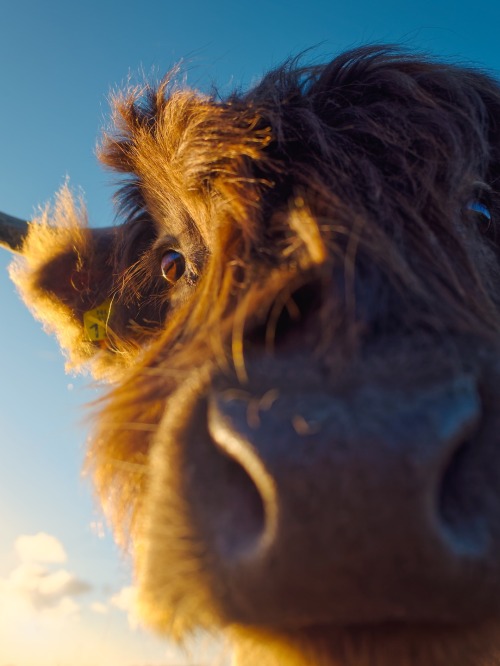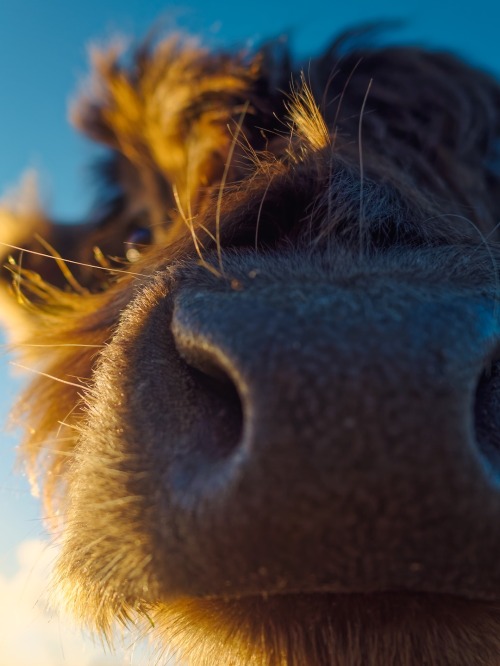No, But Seriously, Do Not Buy "folklore" Items From Big Stores Like IKEA. If You Want Traditional Items
No, but seriously, do not buy "folklore" items from big stores like IKEA. If you want traditional items from any culture, you should support the craftspeople of said culture. IKEA will stop producing these things once it is no longer fashionable with folklore. They also don't use traditional crafting methods in their production, which means that when they force local craftspeople out if business, a lot of knowledge is lost. Crafts are learned by practice rather than theory, and it is very hard to revive them once they have fallen out of practice.
Craftspeople tend to source their materials locally, and both the materials and the final products are of a higher quality than the cheap knockoffs from big brands. Locally sourced materials are usually more environmentally friendly.
Yes, it is expensive to buy handcrafted items. But that is actually not a bad thing. Because it means that a skilled craftsperson can pay their bills and provide for their family. It also means that they can keep their tradition alive.
Hot take: Some things aren't supposed to be affordable. The reason why many traditionally crafted items are so expensive is that it takes so_much_time to make them. They weren't commercially produced for most of their existence. Regular people crafted in their spare time, and they put a lot of effort into it. This resulted in beautiful objects for little to no money.
But today, the crafting tradition is kept alive by a limited number of people who do this for a living. Which means that they will charge you for the countless work hours spent on your order.
If you can't afford to buy stuff from a craftsperson, make it yourself. Most of our traditional folklore decorations can be made with very basic tools, if only you have the time and patience for it.
Note: you need to make sure that the tradition is open before you do this!! DO NOT craft folkloric items from other cultures for commercial purposes.
Buying second hand/vintage/antiques is a good option for less crafty people.
tl;dr Big brands exploit traditional crafts until they stop being profitable, and then leave them for dead. If you want a tradition to survive, you need to support the local craftspeople.
More Posts from Sarouslittleworlds and Others


AND a race one since the most affected regions will be Africa, Asia and Oceania


karli: wait no not like that bucky: nah i’m gonna


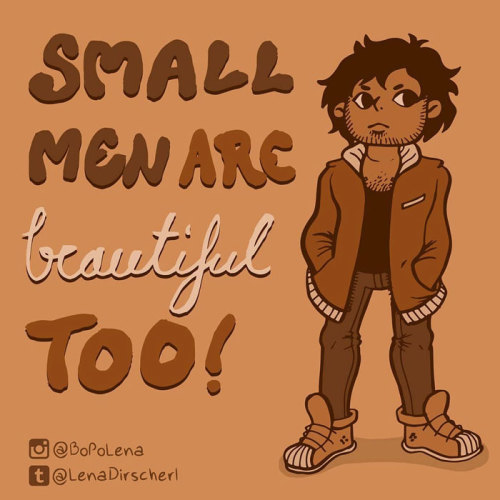

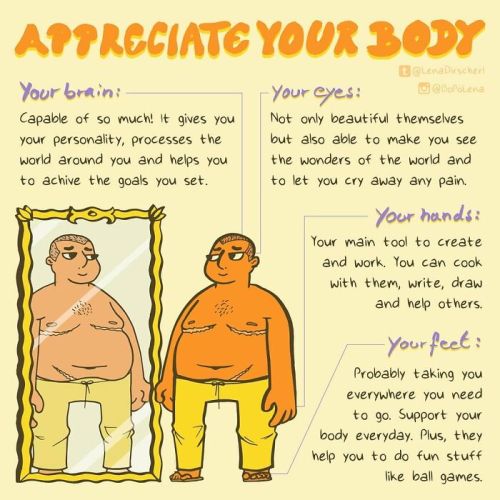


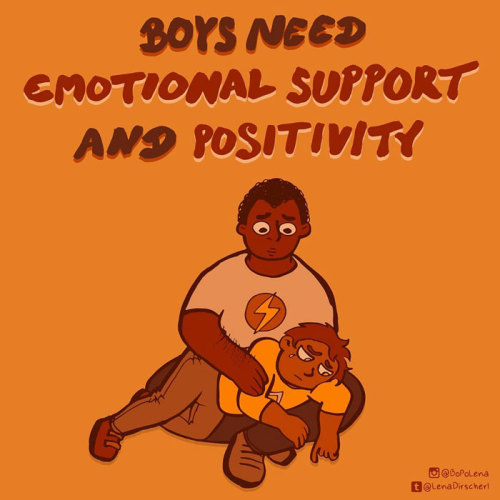
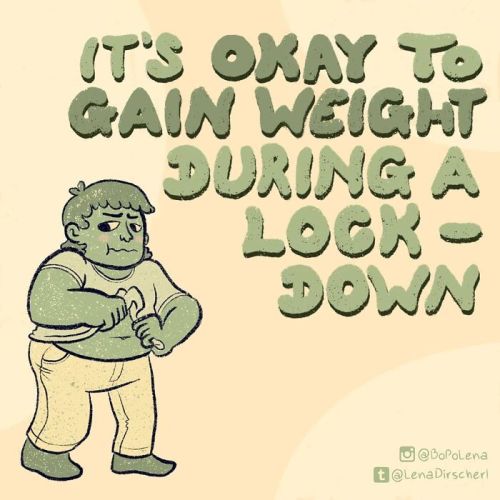

Body positivity and mental health for men, by Lena Dirscherl (BoPoLena on IG). More under the cut!
Keep reading

“After learning my flight was detained 4 hours, I heard the announcement: if anyone in the vicinity of gate 4-A understands any Arabic, please come to the gate immediately. Well—one pauses these days. Gate 4-A was my own gate. I went there. An older woman in full traditional Palestinian dress, just like my grandma wore, was crumpled to the floor, wailing loudly. Help, said the flight service person. Talk to her. What is her problem? We told her the flight was going to be four hours late and she did this. I put my arm around her and spoke to her haltingly. Shu dow-a, shu-biduck habibti, stani stani schway, min fadlick, sho bit se-wee? The minute she heard any words she knew—however poorly used—she stopped crying. She thought our flight had been canceled entirely. She needed to be in El Paso for some major medical treatment the following day. I said no, no, we’re fine, you’ll get there, just late. Who is picking you up? Let’s call him and tell him. We called her son and I spoke with him in English. I told him I would stay with his mother until we got on the plane and would ride next to her—Southwest. She talked to him. Then we called her other sons just for the fun of it. Then we called my dad and he and she spoke for a while in Arabic and found out, of course, they had ten shared friends. Then I thought just for the heck of it why not call some Palestinian poets I know and let them chat with her. This all took up about 2 hours. She was laughing a lot by then. Telling about her life. Answering questions. She had pulled a sack of homemade mamool cookies—little powdered sugar crumbly mounds stuffed with dates and nuts—out of her bag—and was offering them to all the women at the gate. To my amazement, not a single woman declined one. It was like a sacrament. The traveler from Argentina, the traveler from California, the lovely woman from Laredo—we were all covered with the same powdered sugar. And smiling. There are no better cookies. And then the airline broke out the free beverages from huge coolers—non-alcoholic—and the two little girls from our flight, one African American, one Mexican American—ran around serving us all apple juice and lemonade, and they were covered with powdered sugar, too. And I noticed my new best friend—by now we were holding hands—had a potted plant poking out of her bag, some medicinal thing with green furry leaves. Such an old country traveling tradition. Always carry a plant. Always stay rooted to somewhere. And I looked around that gate of late and weary ones and thought, this is the world I want to live in. The shared world. Not a single person in this gate—once the crying of confusion stopped—has seemed apprehensive about any other person. They took the cookies. I wanted to hug all those other women, too. This can still happen anywhere. Not everything is lost.”
— Naomi Shihab Nye (b. 1952), “Wandering Around an Albuquerque Airport Terminal.”

YES YES YES
https://www.instagram.com/p/CL-REGRnwW8/?igshid=3k7waef961f8
-
 lesbianraggedyanne liked this · 1 year ago
lesbianraggedyanne liked this · 1 year ago -
 phenyxsnest reblogged this · 1 year ago
phenyxsnest reblogged this · 1 year ago -
 lavcha liked this · 2 years ago
lavcha liked this · 2 years ago -
 sillychicken liked this · 2 years ago
sillychicken liked this · 2 years ago -
 little-de-vil liked this · 3 years ago
little-de-vil liked this · 3 years ago -
 bona-fide-realist reblogged this · 3 years ago
bona-fide-realist reblogged this · 3 years ago -
 twic0rd liked this · 3 years ago
twic0rd liked this · 3 years ago -
 abzushark liked this · 3 years ago
abzushark liked this · 3 years ago -
 akumastrife reblogged this · 3 years ago
akumastrife reblogged this · 3 years ago -
 elizabethgoudge reblogged this · 3 years ago
elizabethgoudge reblogged this · 3 years ago -
 elizabethgoudge liked this · 3 years ago
elizabethgoudge liked this · 3 years ago -
 queerdo-mcjewface reblogged this · 3 years ago
queerdo-mcjewface reblogged this · 3 years ago -
 hopeful-alter-ego liked this · 3 years ago
hopeful-alter-ego liked this · 3 years ago -
 galaxy-herald reblogged this · 3 years ago
galaxy-herald reblogged this · 3 years ago -
 bubzila-gem reblogged this · 3 years ago
bubzila-gem reblogged this · 3 years ago -
 briefmusicbouquet liked this · 3 years ago
briefmusicbouquet liked this · 3 years ago -
 purple-hel reblogged this · 3 years ago
purple-hel reblogged this · 3 years ago -
 houseboatmac reblogged this · 3 years ago
houseboatmac reblogged this · 3 years ago -
 rustycoralnipples reblogged this · 3 years ago
rustycoralnipples reblogged this · 3 years ago -
 w00dchips reblogged this · 3 years ago
w00dchips reblogged this · 3 years ago -
 subtlybrilliant reblogged this · 3 years ago
subtlybrilliant reblogged this · 3 years ago -
 wiishopchanelboots reblogged this · 3 years ago
wiishopchanelboots reblogged this · 3 years ago -
 wiishopchanelboots liked this · 3 years ago
wiishopchanelboots liked this · 3 years ago -
 godihatethisfreakingcat reblogged this · 3 years ago
godihatethisfreakingcat reblogged this · 3 years ago -
 witch-trospection reblogged this · 3 years ago
witch-trospection reblogged this · 3 years ago -
 faestry liked this · 3 years ago
faestry liked this · 3 years ago -
 theweirdlynx liked this · 3 years ago
theweirdlynx liked this · 3 years ago -
 ghostie-404 reblogged this · 3 years ago
ghostie-404 reblogged this · 3 years ago -
 ghostie-404 liked this · 3 years ago
ghostie-404 liked this · 3 years ago -
 doodlebeeberry liked this · 3 years ago
doodlebeeberry liked this · 3 years ago -
 sunnybugz reblogged this · 3 years ago
sunnybugz reblogged this · 3 years ago -
 sunnybugz liked this · 3 years ago
sunnybugz liked this · 3 years ago -
 vigilantsycamore reblogged this · 3 years ago
vigilantsycamore reblogged this · 3 years ago -
 vigilantsycamore liked this · 3 years ago
vigilantsycamore liked this · 3 years ago -
 aliciabenissa reblogged this · 3 years ago
aliciabenissa reblogged this · 3 years ago -
 sakon76 reblogged this · 3 years ago
sakon76 reblogged this · 3 years ago -
 sakon76 liked this · 3 years ago
sakon76 liked this · 3 years ago -
 semiautomaticbookworm liked this · 3 years ago
semiautomaticbookworm liked this · 3 years ago -
 lrynt252 liked this · 3 years ago
lrynt252 liked this · 3 years ago -
 bonelordtenthousand liked this · 3 years ago
bonelordtenthousand liked this · 3 years ago -
 knightlypoe liked this · 3 years ago
knightlypoe liked this · 3 years ago -
 celepito reblogged this · 3 years ago
celepito reblogged this · 3 years ago -
 the-library-alcove reblogged this · 3 years ago
the-library-alcove reblogged this · 3 years ago



















